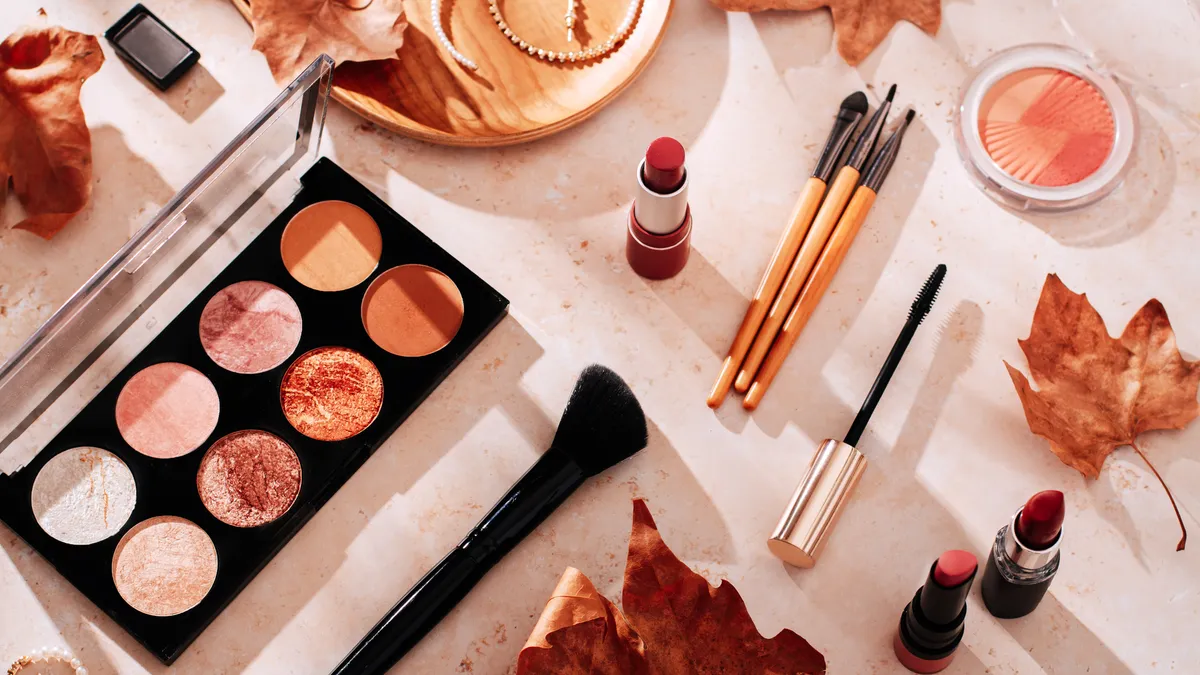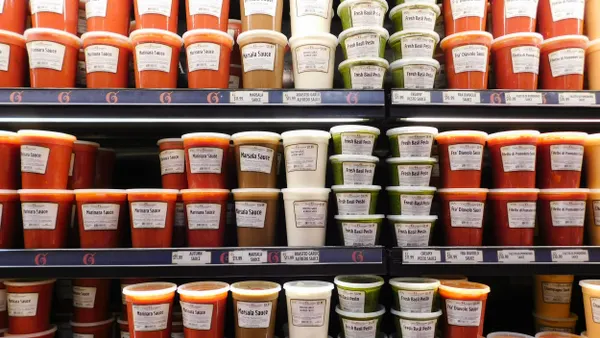Dive Brief:
- Sixty-seven percent of Gen Z and millennial online beauty shoppers prefer to wait for price decreases and will risk an item going out of stock, according to a ESW study of more than 16,500 international consumers. Nearly 40% beauty consumers who spend $2,500 online annually are bargain hunters.
- Twenty-one percent of brand “super fans” are willing to pay full price if they’re one of the first people to have a product. A quarter of those respondents would pay full price for limited edition products, per the study results shared with Retail Dive.
- Twenty-three percent of Gen Z and 24% of millennial shoppers made beauty purchases across international borders within the last year, according to the study.
Dive Insight:
While the beauty industry continues to grow despite inflation, younger consumers are looking for a deal.
“In an industry that has reframed itself around scarcity, exclusive drops, and limited inventory, this new data is quite counterintuitive to the trends beauty influencers tout on TikTok,” Clarissa Schealer, ESW’s vice president of sales, beauty, wellness and lifestyle brands, said in a statement. “Younger consumers are driving the growth in the direct-to-consumer beauty market, yet despite their spending power, they remain very price conscious. Creating limited edition products, or offering top customers early access to new products, can help brands overcome price sensitivity in the beauty industry’s key demographic.”
ESW’s research builds upon previous reports indicating that high-end cosmetic consumers are driving growth for the industry. According to a Circana Report released last month, U.S. mass retailers sold $30 billion in beauty products in 2022, while fragrances valued at over $150 saw their sales rise 16% year over year.
Some beauty retailers have benefited from continued consumer beauty spending. In its Q4 earnings report, Ulta said its net sales rose 18.2% year over year to $3.2 billion. The company attributed that figure to introducing new beauty brands, innovating products and raising their prices.
ESW also recently released research forecasting that millennials will lead global e-commerce this year. Per its report released in March, 27% of millennial shoppers will spend more online than in-store for categories like beauty, health, luxury, clothing, shoes and consumer electronics. Nearly half of millennials will increase their online spending on health and beauty products compared to Gen Z.
As for where consumers are most likely to purchase online beauty product from other countries, ESW’s April study found that 41% of consumers surveyed in China purchased beauty products from online retailers outside of their home country, followed by the United Arab Emirates (36%), Switzerland (29%), Spain (26%) and India (22%). Shoppers most frequently bought products from the U.S. and France (both 33%), followed by Germany (27%) and the U.K. (25%), according to the study.















